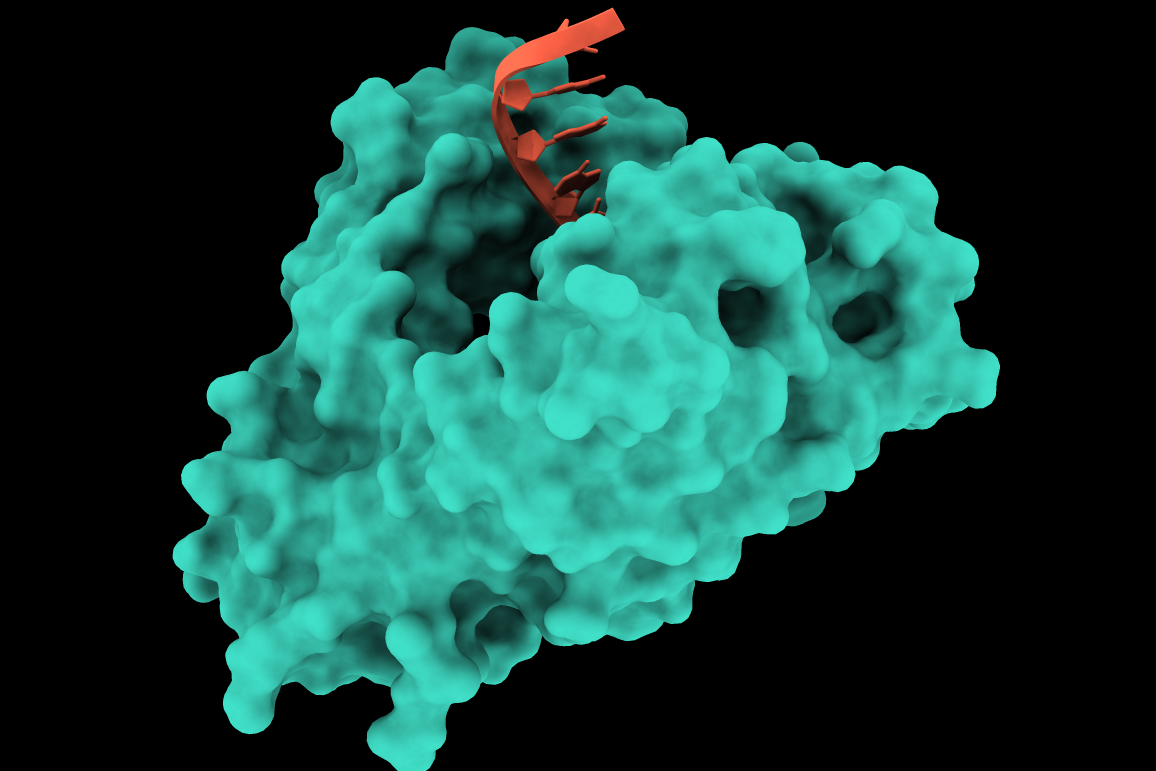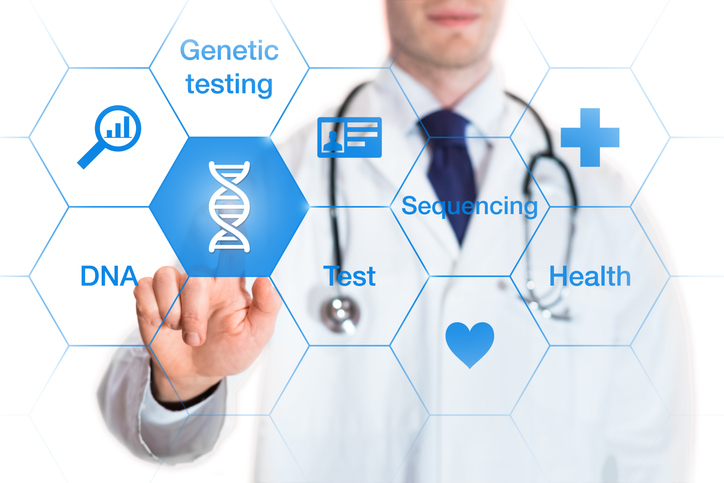
AI Meets Gene Editing: the Path to Plug-and-Play Drug Development
AI is no panacea, but it can have a role in turning artisanal, trial-and-error drug development into a rapid, cost-effective, data-driven process.

AI is no panacea, but it can have a role in turning artisanal, trial-and-error drug development into a rapid, cost-effective, data-driven process.

By fostering collaboration and seamless data integration into healthcare systems, the industry is laying the groundwork for a future in which “personalized medicine” is so commonplace within clinical practice that we will just start calling it “medicine.”

Private equity firm KKR teamed up with OMX Ventures to lead the seed investment in Replay, a company developing a suite of technologies that could overcome capacity limitations of adeno-associated viruses used for genetic medicines delivery. Duchenne muscular dystrophy is among the disease targets of the new startup.

The DNA currently used in genetic medicines research is synthesized by chemical methods. Ansa Biotechnologies employs faster and less expensive enzymes-based technology, and the startup has raised capital to scale up operations as it prepares to launch its service.

The Lilly Institute for Genetic Medicine is a new facility in Boston that will focus on the R&D of RNA and DNA-based therapies. Eli Lilly is investing about $700 million to establish the site, which will also include lab and office space for biotech startups.

The Illinois-based health system is teaming up with the analytics company to launch a genomics program, which will focus on predicting the risk of illness and outcomes among patients. It will also provide free genetic testing to low-income patients in an effort to increase access to genomic care.

Helix, based near San Francisco, touts its API-based business model as a way to stand out among the plethora of personal genomics companies.

Collaboration will leverage genetic testing company's data resources and pharma companies drug-development expertise.

The Danville, Pennsylvania-based system plans to work with rabbittransit to help patients get to their appointments on time. Additionally, researchers from Geisinger and Regeneron Genetics Center recently found a gene variant that's associated with a reduction in the risk for chronic liver disease.

Helix and Illumina Accelerator have paired up and will give entrepreneurs the chance to develop innovative, DNA-driven products geared toward consumers.

Willing patients who agree to participate in research, and give samples are key to progressing precision medicine and data shows there isn't any dearth of these medical philanthropists.

It's possible that the air we are breathing could be identifying, much like a fingerprint or DNA from our hair.

The ripple-effect of last week’s 23andMe news is just the beginning. A new study and an important genomics conference will only further highlight the opportunities coming in personalized medicine. New analysis from Frost & Sullivan, Future of Personalized Genomics, shows that genetic tests provided by companies straight to consumers via the e-commerce platform are more affordable […]

Storing data with things like USP sticks and discs just won’t cut it when it comes to the long-term historical picture, which is why researchers are turning to DNA for major data storage that could last the ages. Not only can 1 gram of DNA hold 455 exabytes of data (enough to hold everything from […]

In the first genetic profile of a metropolitan transit system, Weill Cornell Medical College researcher Christopher Mason and his team spent 18 months swabbing 466 subway stations in New York City. The findings were published in the journal Cell Systems. He says in many ways the results are “a mirror of the people themselves who ride […]